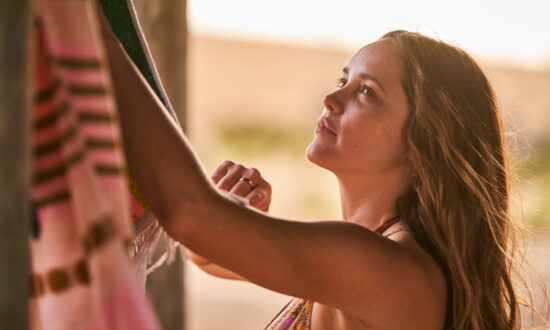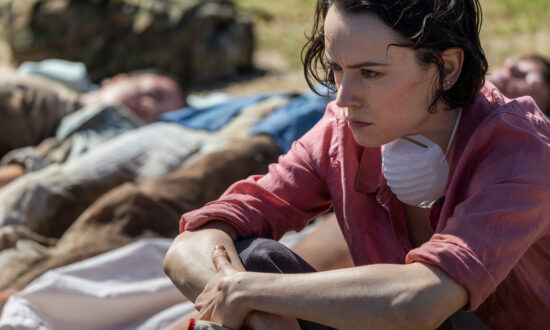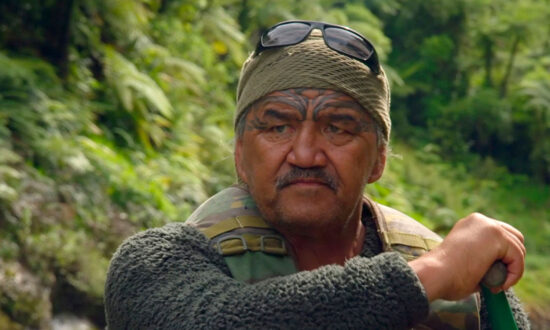Director Ridley Scott is much more occupied with the art of war than a study of the man so loathed by the British and idolised to this day by the French. Two heads are off in the first few minutes and the bloodshed – explosive, muddy, gory, visceral, with way too many dead horses – feels relentless. We should expect nothing less from a film about France’s greatest war general and battle theoretician who, for a time, ascended to the throne as Emperor of France.
We watch on as the ambitious Corsican who became more French than the French – Corsica was annexed to France only in 1768, a year before Napoleon (Joaquin Phoenix) was born – leads his first battle. Looking on, he takes great gulps of air, trying to steady himself as he directs his men with strategy that changes the way wars are conducted. He takes the fort city of Toulon by attacking at night and turning the fort’s own guns onto their ships below. For that, he becomes a general.
In the Battle of Austerlitz, Napoleon lures the retreating Austrians onto ice which he blasts with cannons so the ground collapses underneath them. Men and horses stream blood under the ice in prolonged and ghastly death throes.
Scott, with two assistant directors and up to 11 cameras, masters these scenes with the skill of a field commander. The man behind Bladerunner, Gladiator (which also starred Phoenix) and Alien was always leading to this.
What then of Napoleon, the man? Phoenix is such a formidable actor he inhabits a giant of history with conviction and brings funny little human touches that humanise him. But we are offered no coherent sense of the man, no insights or understanding of what drove his grand ambition and how he was rocked by fate.
The touchstones are all visited, including the great love of his life, Josephine (Vanessa Kirby), who was freed from prison after the Reign of Terror which Napoleon helped to quell. One of the film’s most aching flaws is their utter lack of chemistry, compounded by her bewildering inconstancy of character. She reels Napoleon in, then has an affair the minute he is off to war. It brings him raging home and they make up, yet their power-dominated sex scenes are so unappealing it seems little wonder she never bore him a child.
Apart from wanting an heir, the now Emperor of France has an unassailable thirst for conquering Europe, and during the Napoleonic Wars he turns his sights on Russia. France returns victorious but in name only. The city was deserted when Napoleon arrived and of the 400,000 men he led, 60,000 returned.
The historians, and the French, may argue about whether Scott gets his facts straight – to which he responds “get a life” – but the film was never going to be more than Scott’s own heavily dramatised story about the man who rewrote the rules of war.
Scott also highlights, intentionally or not, what a numbers game the old-style battlefields were. With enough men and horses, you can keep them coming over the next ridge, from behind the trees and over the hill, until victory is yours.

Get InReview in your inbox – free each Saturday. Local arts and culture – covered.
Thanks for signing up to the InReview newsletter.
Part of Napoleon’s legacy was to restore France to law and order and recover a sense of national pride after the lofty ideals of the French Revolution sank into the mania of the Terror. The French love him for it and the ideals are intact but his legacy was also to deploy men in war as cannon fodder in pursuit of territorial gain. He consigned three million soldiers to death in battle, twice as many French as died in World War I. The great general led them to pointless deaths while seeking glory in his name.
Napoleon is in cinemas now.
Support local arts journalism
Your support will help us continue the important work of InReview in publishing free professional journalism that celebrates, interrogates and amplifies arts and culture in South Australia.
Donate Here




